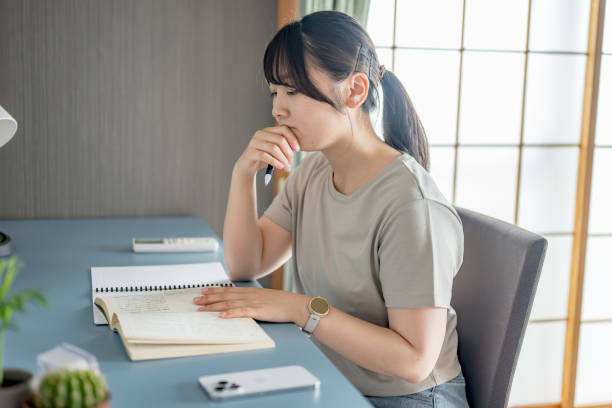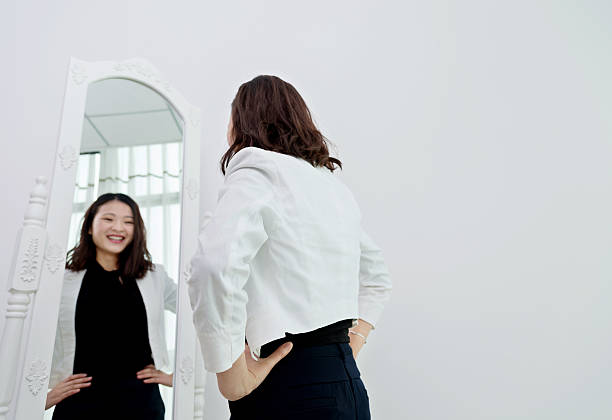Your cart is currently empty!

In a world that often prioritizes perfection, speed, and appearance, having a disability can feel like being handed a label that others don’t fully understand. But that label does not — and should not — define you. Your story is not limited to what others can see or how they categorize you. In truth, a disability is not the end of possibility; it is a new lens through which to see your power, resilience, and value. It should never be a title that shrinks your worth — instead, it should be a source of strength that fuels your purpose and your potential.
Disability comes in many forms — physical, sensory, intellectual, neurological, and invisible. But regardless of the nature of the disability, the truth remains: you are not your diagnosis, your condition, or your limitations. You are your talents, your dreams, your work ethic, your empathy, your voice, and your vision. A disability is only one part of you — and often, it’s the part that unlocks unique traits that others never get the chance to develop.
For many, the journey of living with a disability teaches more than any textbook or class ever could. It teaches how to adapt in a world that isn’t always designed with accessibility in mind. It teaches how to speak up for yourself and others, how to advocate, how to persist through frustration, and how to celebrate even the smallest wins. These are life skills — not signs of weakness. They are markers of courage.
While others may see limits, you have the chance to see creative possibilities. Many people with disabilities grow into powerful problem-solvers because they must find ways around obstacles daily. Whether it’s finding new ways to communicate, navigate space, or participate in education or work, people with disabilities become innovators. And innovation — at its core — is what drives progress in every part of life. Think of how many technologies, designs, and ideas have come from people who had to think differently. Being different doesn’t mean being broken. It means being built for something else — something extraordinary.
It’s also worth remembering the depth of empathy and compassion that often comes with experiencing hardship. Living with a disability may allow you to connect with others on a deeper level. You understand exclusion, pain, judgment, or frustration — and that gives you the ability to stand beside others with genuine care. In a world that desperately needs more kindness and awareness, this is a profound strength. You might become someone who changes hearts and minds, not just for yourself, but for everyone who comes after you.
History has already proven that people with disabilities can change the world. Think about Frida Kahlo, who transformed her physical pain into stunning artwork that still resonates today. Or Temple Grandin, who used her autistic perspective to revolutionize animal science. Or Paralympians who redefine what human athleticism can look like. There are blind musicians, deaf performers, wheelchair-using scientists, neurodivergent CEOs, and artists with chronic illness — all living boldly, not in spite of their disability, but with it, and often because of it. Their success doesn’t come from ignoring their reality; it comes from embracing it and using it as a catalyst for change.
To be empowered means to own your story — every part of it — without shame, apology, or doubt. It means recognizing that a disability doesn’t make you less. It simply means your path might look different — and different is not inferior. Different is beautiful, creative, original, and worthy.
A disability may change how you move through the world, but it should never limit where you can go in life. Your goals are still valid. Your dreams are still real. Your worth is still whole. And even more importantly, you have the power to inspire others — not just those with similar experiences, but anyone who feels like they don’t “fit in.” You can be the example that challenges what society thinks strength looks like.
Let your disability empower you to speak louder, reach further, love deeper, and dream bigger. Use it as fuel to grow, to advocate, to educate, and to lead. When people try to define you by what they see, show them what they can’t. Show them your courage. Show them your creativity. Show them that limitations don’t live in your body — they live in the minds of people who underestimate you.
So no, your disability shouldn’t title you. It should propel you forward. It should remind you every day that you are capable of greatness — not despite what you’ve been through, but because of it.
And that… is empowerment.



